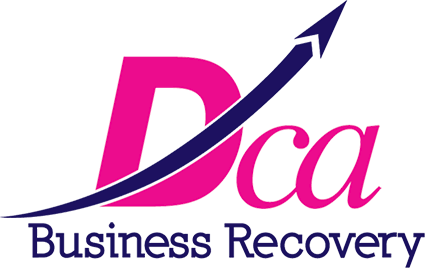Preferences in Insolvency
When a company goes into an insolvency process of administration or liquidation, the directors of the company need to be careful to not pay one particular creditor ahead of another creditor, as this could result in them giving a preference and falling foul of the Insolvency Act 1986.
It can easily be done, as the director may want to pay their favourite creditors that they have worked with for a long time and they think that they can pay them ahead of other creditors and no one will find out. Sometimes, the directors decide to repay their directors loan account back to themselves, when the company is clearly insolvent, as monies are owed to HMRC and the PAYE/NIC and VAT is outstanding and there is money in the bank, but not enough to pay everybody in full.
If the director has given a personal guarantee, then they may want to pay this creditor first and in priority, so that the director personally benefits, as their personal guarantee will not be called upon if the creditors has been paid up.
If a preference has taken place, the administrator or liquidator has a duty to investigate these transactions and to pursue the directors and/or the preferred creditor for repayment of the amount paid to them. The liquidator will check the company bank statements and this will show up any payments that could be in doubt or are questionable.
There needs to be shown that the director had a “desire to prefer” the creditor in question and this can sometimes lead to a claim for wrongful trading and/or a disqualification against the directors. The directors should act in the best interests of the company and to maximise returns to all creditors once insolvency is known.
Time Limits
There are time limits involved with any preference payment and it is 2 years pre the date of insolvency for a connected party and 6 months for an unconnected party. What connected means is either the director personally, or someone related to the director.
Documentation
It is always best for the directors’ to keep notes, as to why they are paying one creditor over another one, which can help mitigate things, should a preference claim be looked at, once the company enters into an insolvency process. This is not a “Get out of jail free” card and at DCA we will advise the directors what a preference payment is and what they should and should not be doing, so they do not fall foul of the law and sometimes this can be too late if payments have already been made, which is why we always recommend to take advice sooner rather than later.
DCA operate a dedicated Freephone number and we are also able to hold meetings virtually, which will increase the scope for Directors needing advice, far and wide. DCA can be contacted on 0800 066 2540 7 days a week, from 8am – 8pm.
[/vc_column_text][/vc_column][/vc_row]
